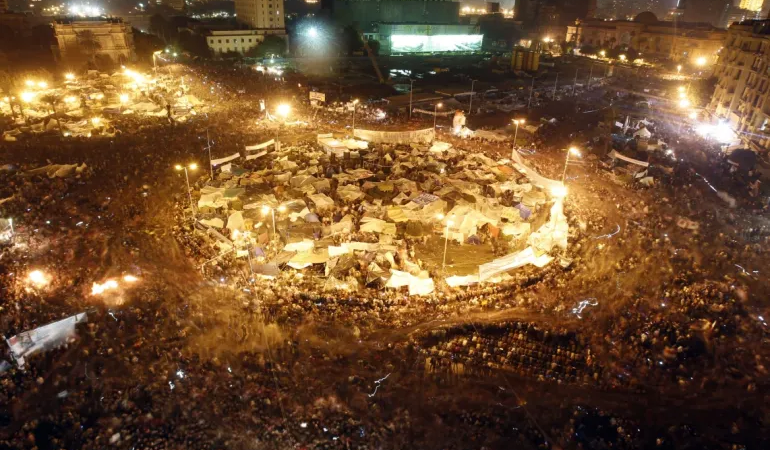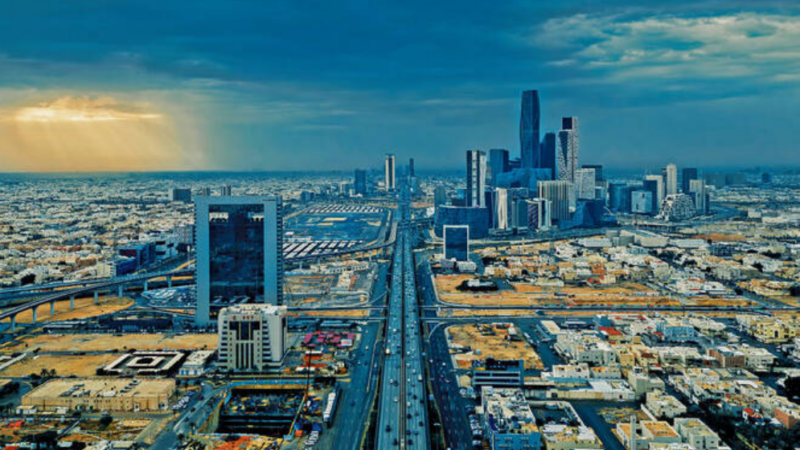Morocco Ranks 7th in Arab World as Global Peace Deteriorates, Report Finds

The Institute for Economics and Peace (IEP) has published its 19th annual Global Peace Index (GPI), a comprehensive ranking of 163 countries and territories based on their levels of peace.
Covering 99.7% of the world’s population, the Sydney-based think tank report employs 23 indicators to analyze peace trends, economic impacts, and strategies for creating stable societies.
The index captures peace on three central dimensions: security and safety at the societal level, ongoing domestic and international conflict, and militarization.
The report this year is a gloomy one with a continued decline in world stability and the early warning signs for major conflict higher than ever since World War II.
Morocco’s ranking on this year’s list indicates an alarming trend, as the country fell seven positions to 85th place in the world and a score of 2.012, where a lower score indicates more peace.
In the Middle East and North Africa, Qatar ranks 27th, Kuwait 31st, Oman 42nd, UAE 52nd, and Jordan 72nd. Morocco is passed by Tunisia at 81st, while Saudi Arabia and Algeria trail behind in positions 90th and 92nd respectively.
Leading the ranking in the world, Iceland remains the most peaceful country in the world since 2008. It is trailed by New Zealand, Switzerland, Austria, and Ireland.
These countries have remained in the top ten ever since the GPI was established, demonstrating remarkable resistance in the face of global turmoil.
But the broader conclusions of the 2025 report outlines a frightening rise in violence worldwide. Currently, there are 59 active interstate conflicts, a post-World War II record, with three more than in the previous year.
Just in the past year alone, 17 countries had over 1,000 conflict deaths. No less dire is the steep decline in conflict-ending wins. The percentage of conflicts that concluded with decisive victories fell from 49% during the 1970s to only 9% in the past decade, with peace agreements falling from 23% to 4% in the same period.
The report also illustrates an alarming trend towards greater militarization in the face of rising geopolitical tensions, the collapse of old alliances, and economic instability. Conflicts are steadily internationalizing, and 78 countries are now embroiled in cross-border conflicts.
This shift is a result of the world order’s fragmentation, increased competition between great powers, and increasing influence of regional middle powers, which are taking on more aggressive roles within their respective regions.
The Global Peace Index for 2025 depicts a grim assessment of a world ever distant from peace.
The current trajectory suggests that without urgent intervention, the world may be entering an era of heightened and prolonged instability.






